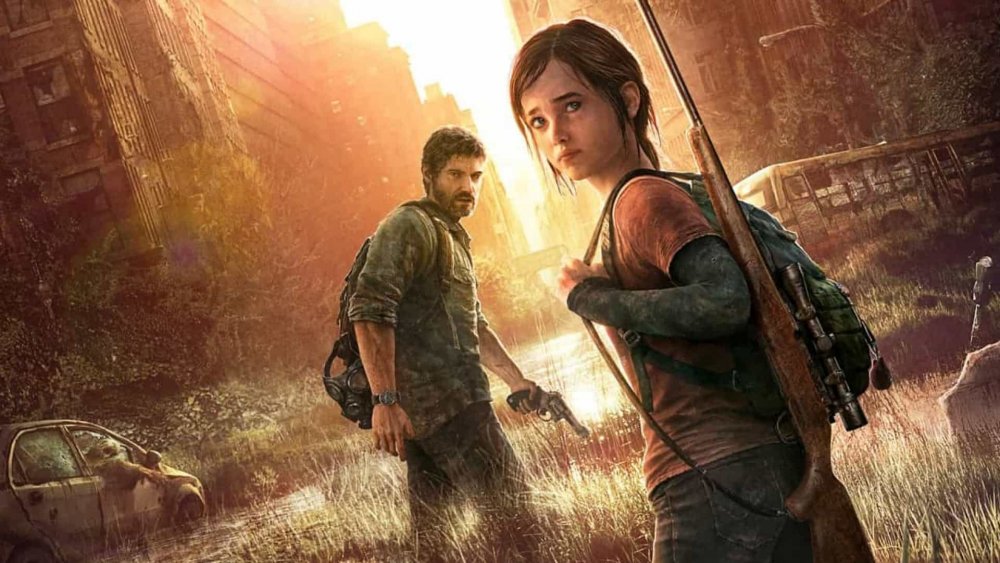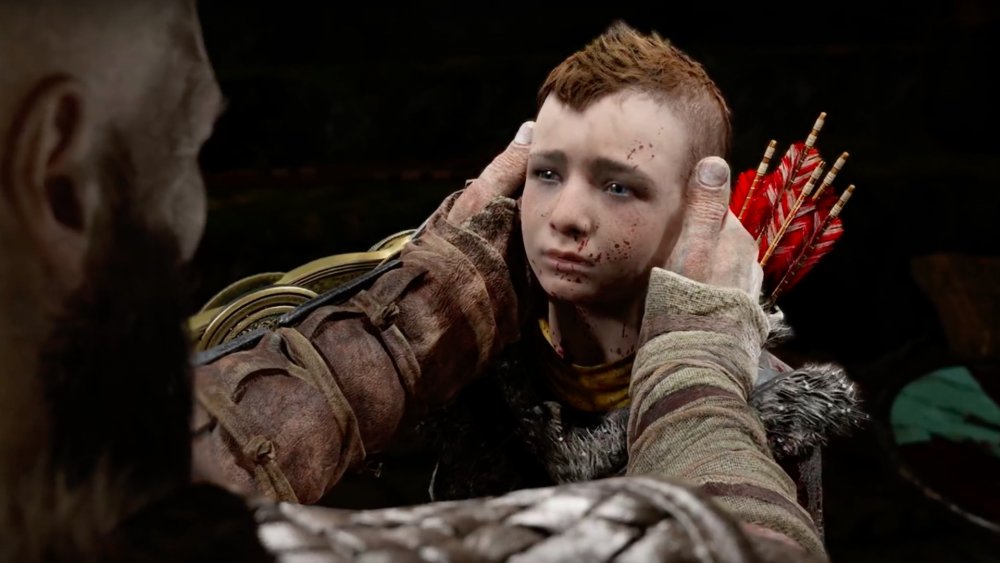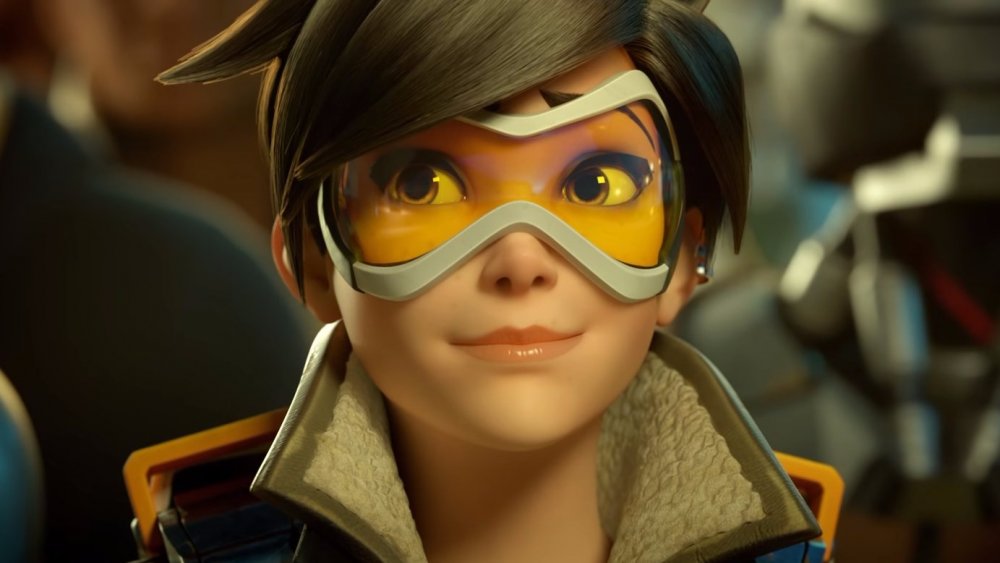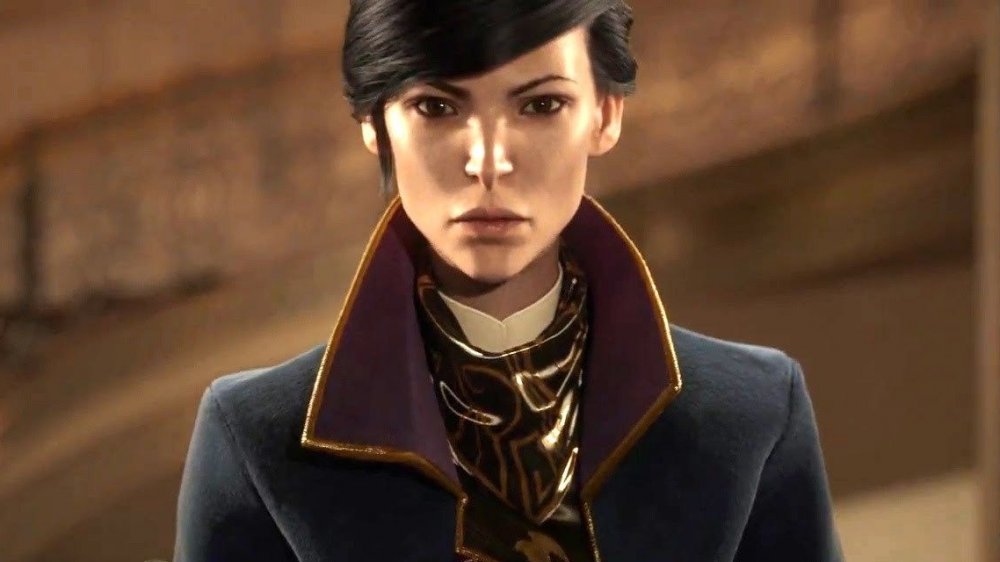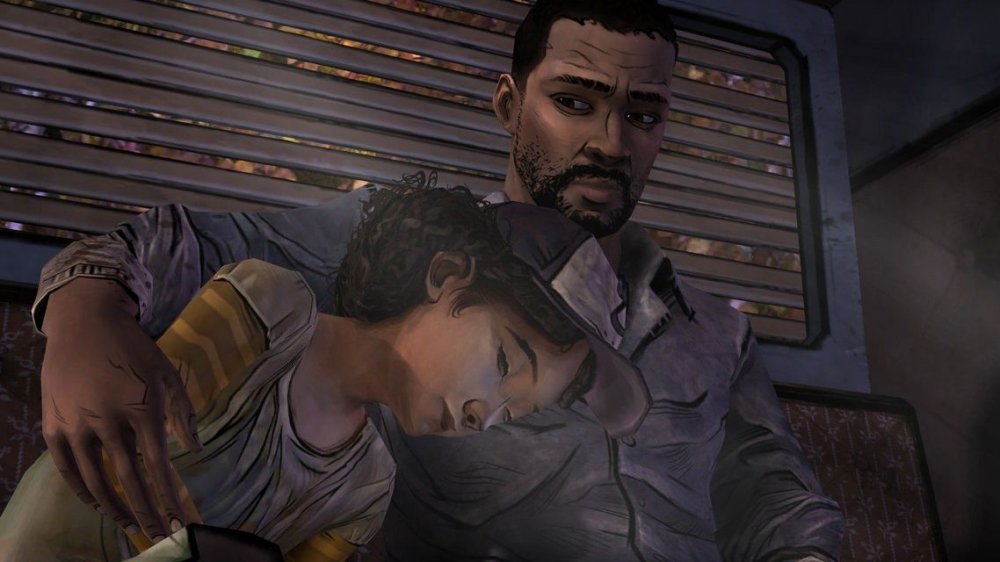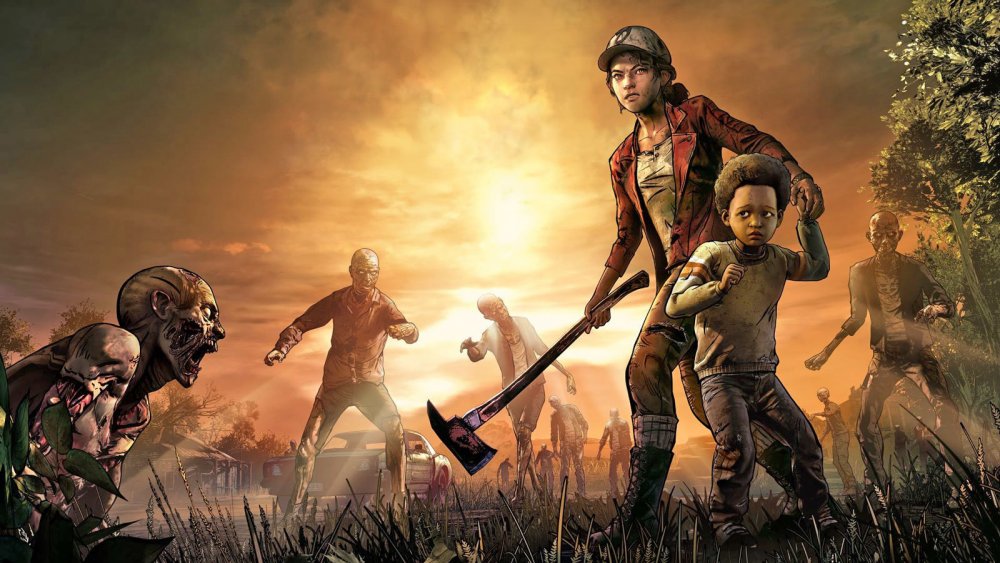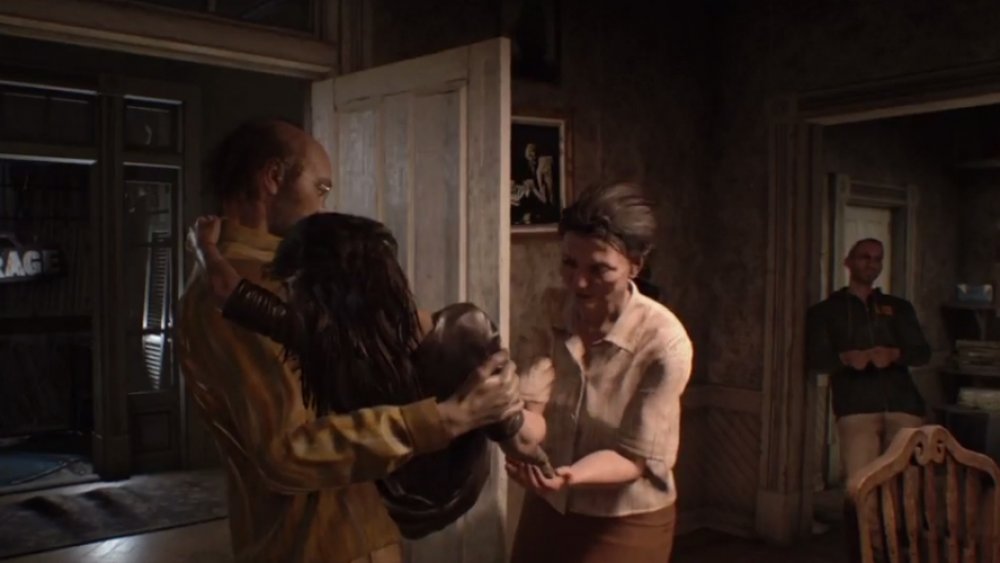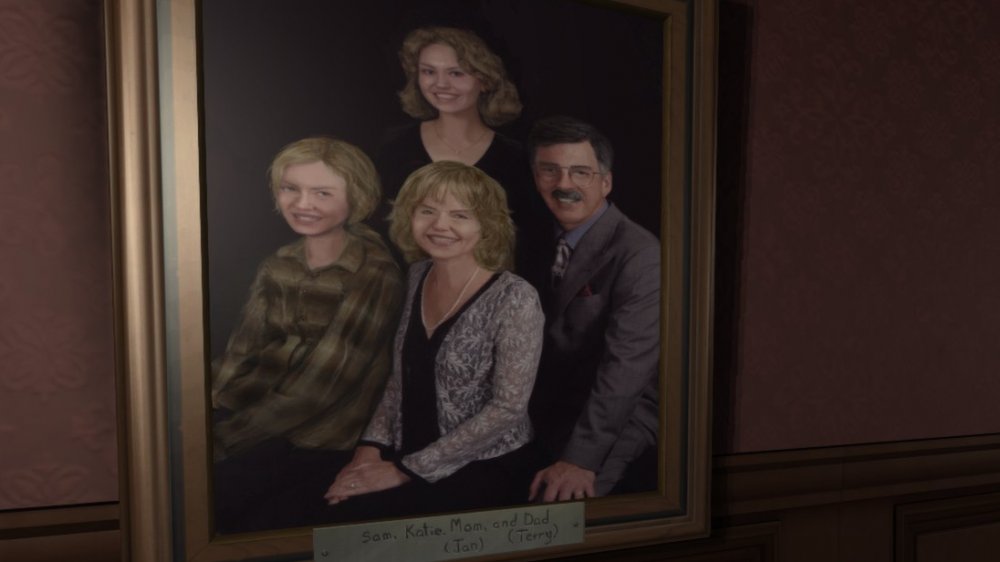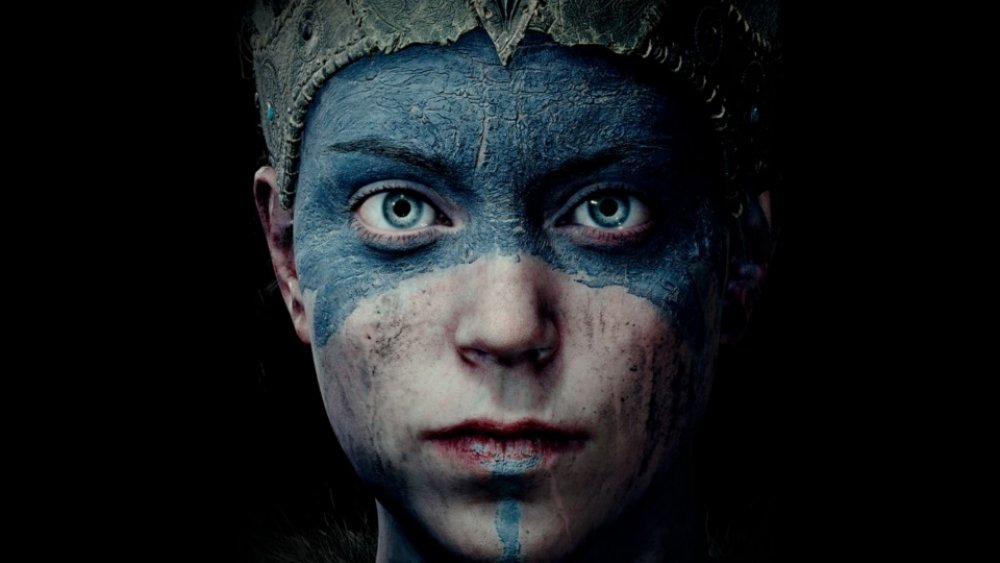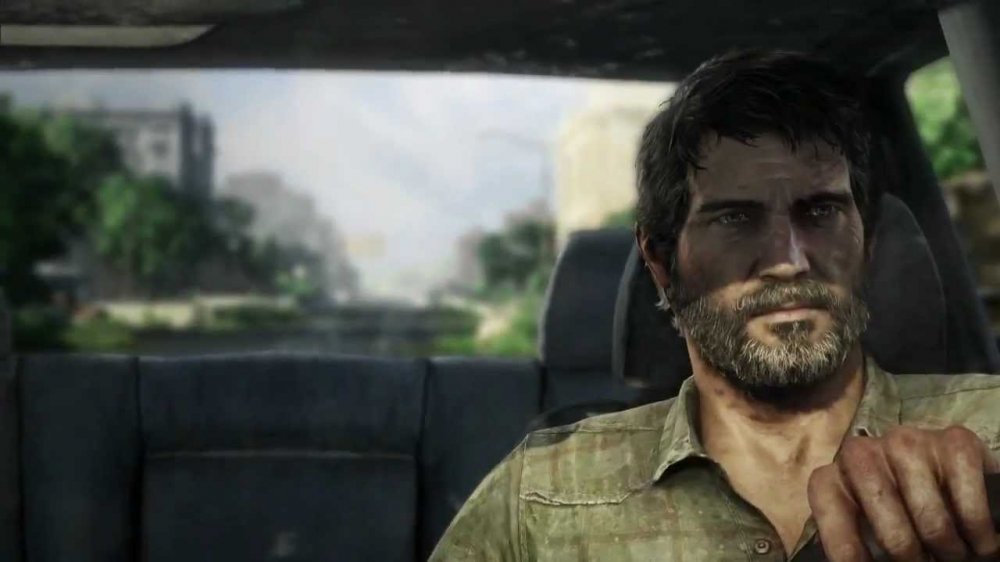The Most Important Gaming Characters Created In The Last Decade
Characters are the backbone of games. After an overabundance of consoles and excess of terrible titles brought most of the industry to the brink of collapse in '83, it rose from the ashes with the introduction of the Nintendo Entertainment System and protagonists like the now iconic Mario. Super Mario Bros. designers Shigeru Miyamoto and Takashi Tezuka created a character with a real name and a regular job, familiar traits that pulled players into his quest. Players often prefer people and scenarios they can relate to, a lesson many developers failed to learn for many years.
Much of the following decades were filled with cookie cutter heroes who talk as little as possible. Though not free of the "Brown-Haired White Guy" trope, the 2010s saw the advent of much more complex and compelling characters. In the past decade, more developers have ventured into profound and meaningful character studies than ever before. These characters have left a lasting impact on the now booming gaming industry, leaving players hopeful about what's to come. Here are the most important gaming characters created in the last decade.
Atreus - God of War
Kratos is better than ever in 2018's God Of War, and he owes it all to his son, Atreus. The little deity is responsible for the revitalization of the franchise, painting the once cold-hearted Kratos in a new light as he struggles with the burdens and blessings of fatherhood.
Atreus is far from the one-dimensional kid you see in many titles. Between his mother's death and his father's neglect and criticism, he starts the game with his own share of troubles. When he discovers he's above mere mortals, he verges on becoming a monster like his father once was. Atreus ultimately breaks free from his delusions of grandeur and reconciles both sides of himself through Kratos's influence.
Though far from perfect, it's heartening to see Kratos break the cycle of past mistakes, shedding the strict boundaries of toxic masculinity to become a better father. The bond between Kratos and Atreus feels like the missing piece in a series long dominated by male power fantasies. Because of this, God Of War is easily the best game in a franchise previously on its last legs. Many fans even claim the game has made them better parents.
Madeline - Celeste
On paper, the premise of Celeste seems as thin as many other 2D platformers: a young female has to reach the top of a mountain. The game could have enjoyed success by ignoring character development and focusing on its already superb mechanics, but the developers decided to reach higher. What elevates Celeste is Madeline, its groundbreaking protagonist.
At first, Madeline seems to lack motivation in her quest, but the game soon grows into a profound reflection on managing the effects of depression and anxiety. Celeste deserves all the praise it has received for exploring a topic that touches the lives of many individuals worldwide but often goes unrepresented. While people used to criticize games for their supposed promotion of unhealthy habits, games such as Celeste are hitting important intellectual and emotional touchstones among young audiences that other mediums have yet to reach.
It's when you're already satisfied with Celeste that you find there's much more to it. In the final DLC, there's a Transgender Pride Flag, an old picture, and pill bottle on Madeline's desk. On top of being a complex, engaging, and relatable protagonist, Madeline might very well be one of the few playable transgender characters in gaming history.
Tracer - Overwatch
Tracer is the charismatic and energetic face of Overwatch. In December 2016, Blizzard delivered a surprise Christmas present to the community: a comic showing Tracer kissing Emily, a young woman she appears to be living with. Though fans had often shipped Tracer with Widowmaker, the comic, and a subsequent tweet from Michael Chu, Overwatch's lead writer, confirmed the character identifies as a lesbian.
Tracer was the first confirmed queer character in the Overwatch lineup and one of the first queer characters to feature in a popular online shooter. Depicted as a lovely young woman who can fire two guns at the same time, Tracer nearly went the way of the original Lara Craft, a woman of untamed potential turned in a sex object for commercial purposes. Instead, Tracer has become a symbol of both Overwatch and LGBTQ+ rights, helping to pave a path towards better representation.
You need only survey the responses to Chu's tweet to see the impact Tracer has had on the gaming community. One new player called the reveal "a much-needed pick-me-up in hard times" while another applauded Overwatch for its "seemingly effortless diversity," sentiments echoed by several others.
Emily Kaldwin - Dishonored 2
Over the course of the Dishonored series, Emily Kaldwin transforms from a damsel in distress into a badass heroine. In the original Dishonored, Emily is the heir to a throne that Corvo, the silent protagonist, must save from the bad guys. Dishonored 2 still allows you to play as Corvo, but it's clear Emily has grown into the definitive protagonist of the franchise.
The focus on Emily in Dishonored 2 marked a much-needed shift towards the inclusion of complex and relatable female characters in video games. While women account for nearly 46% of gamers in the US, many studios cling to tired tropes and hypersexualized portrayals of this demographic. Rather than playing to male fantasies or using the game's pseudo-Victorian setting as an excuse for sexism, Arkane Studios created a nuanced and strong female character.
Forced into the role of Empress following her mother's assassination only to be pushed into exile, Emily is an inexperienced young woman determined to rise to greatness and forge her own path despite the overwhelming odds she faces. She discovers who she is and who she can become as Dishonored 2 unfolds, mirroring the process many women experience in their own lives.
Lee Everett - Telltale's The Walking Dead
The Walking Dead is by far the most successful series in Telltale's catalog. Much of this success can be attributed to the excellent writing and portrayal of Lee Everett, season one's complex and good-hearted protagonist.
Like Emily Kaldwin, Lee marks an important shift in the industry. Not only is Lee a playable black protagonist, a group that remains woefully underrepresented in video games, but he serves as a relatable "everyman." He transforms a title with an overdone premise and simple mechanics into an emotional and deeply personal experience.
Lee doesn't possess superpowers. He doesn't spend the game talking about his greatness or making subtle jabs at others. He's quiet, restrained, and often self-deprecating, drawing on his former life as a history professor to make reasoned choices. Though convicted of murder for a crime of passion, Lee finds new meaning in his protection of Clementine, a girl he encounters and takes under his wing at the onset of the zombie apocalypse.
Lee is sympathetic, familiar, and deeply lovable. The success of The Walking Dead and its lead demonstrate the potential of video games as a storytelling medium in a market long dominated by shooters and violence.
Clementine - Telltale's The Walking Dead
While Clementine occupies a supporting role in The Walking Dead's first season, she comes into her own as the series progresses. After Lee's death, Clementine takes the reins for the rest of the franchise. Despite her age, she endures a slew of grueling events while still managing to retain her humanity, largely thanks to Lee's influence.
Playing as Clem is a tough but extraordinary experience. As the games progress, you get to experience Clem's evolution from a helpless 8-year-old into the most fearless survivor in the wasteland. She follows in Lee's footsteps, acting as a mentor and guardian to young AJ, another child who loses his parents.
Clem excels in a genre that often punishes teens for their inexperience, displaying a wisdom beyond her years that keeps her allies alive. By the time the credits roll on the final season of The Walking Dead series, Clementine has transformed into a serious contender for the best character across all Walking Dead media.
The Bakers - Resident Evil 7
Back in the '90s, Silent Hill beat out Resident Evil for the title of best immersive survival horror experience by replacing hardened, commando-like special forces protagonists with regular people trying to overcome insurmountable horror. In the 2010s, Resident Evil 7 did the same for the villains. Capcom had the genius idea of replacing the brainless or cartoony bad guys players have grown to expect in horror games with the Bakers, a regular southern family.
The Bakers are not the same hillbillies Hollywood has been making fun of for decades, and they aren't monsters either. Though deadly, you'll find out the Bakers are just regular people driven to commit unspeakable acts against their will. In a rare moment of clarity, Jack Baker apologizes for his behavior and asks if you could save his family. Resident Evil 7 does way too good a job of making you sympathize with people you ultimately need to kill.
Samantha Greenbriar - Gone Home
Samantha Greenbriar is the driving force of Gone Home, a title Nicole Carpenter of Polygon described as "a game that defined a decade." Samantha is a credible and fleshed-out character you come to care for as the narrative unfolds, even though she never physically appears in the game. You play as Samantha's sister, Katie, who travels to their parents' home to find it empty, with only notes left behind by Samantha to piece together the reason for everyone's absence.
Gone Home is a mystery that could have veered off into clichéd haunted house territory but takes a much more interesting and, for some, all too familiar turn. The titular home might be empty, but Samantha's heartfelt notes explain her motivations and make the place feel full. No one kidnapped Sam and she didn't meet some grisly fate. She left to be with the girl she loves, leaving behind a family that does not understand her.
Though fictional, Samantha's tale is one many have lived through. Gone Home helped pave the way for the "walking simulator" concept, while Samantha Greenbriar's struggles signaled an important shift in the industry, pushing the limits of what games can be.
Senua - Hellblade: Senua's Sacrifice
Senua, the sword-wielding Pict warrior who serves as Hellblade's main character, is unlike any protagonist the gaming industry has seen before. She struggles with psychosis, a mental disorder that manifests through hallucinations, delusions, and other symptoms that contribute to a break with reality.
Developer Ninja Theory spent three years crafting a layered sensory experience that documents Senua's journey into the underworld to save the soul of her dead lover. Throughout the process, the creators consulted with multiple members of the worldwide mental health community, including a professor of health neuroscience at Cambridge University, a healthcare company in the UK, and actual psychosis patients.
The result was an eye-opening and realistic portrayal of an often misunderstood mental illness. Hundreds of players with mental illness or who knew people with mental illness contacted the company to share how Hellblade had affected them. One parent even shared that Senua's Sacrifice had saved their son's life. Though he intended to commit suicide, he instead asked to go to the hospital for help after completing the game.
In many ways, Senua is the most important character of the last decade. She represents the potential of using games as a medium for healing, understanding, and connection, a field that's gaining traction thanks to Ninja Theory's efforts.
Joel - The Last of Us
Joel, the protagonist of Naughty Dog's The Last of Us, starts off as a bundle of the gaming industry's worst cliches. Gruff, emotionally-repressed, dark-haired, middle-aged white guys who fall into a life of violence and crime following the death of a loved one are a dime a dozen in pop culture, a role Joel fills to a T during the first half of the campaign. It's only at the mid-point that Joel breaks away from these stereotypes in a surprising and significant way.
While many games send their anti-heroes on a redemption arc, culminating in a path of healing and emotional resolution, The Last of Us subverts expectations. This is not a story of recovery but of a man so broken by grief he transforms into a liar and a murderer. While he initially views Ellie, a young girl he's tasked with smuggling due to her immunity to the zombie virus, as little more than another commodity to deliver, his feelings change drastically by the final scene.
Joel becomes obsessed with keeping Ellie alive and is willing to sacrifice anyone, including the future of humanity, to keep her safe. Even if it means lying to her, removing her own agency, and shaping her into a killer like himself. All because he needs "something to fight for" to survive his barren and empty reality.

